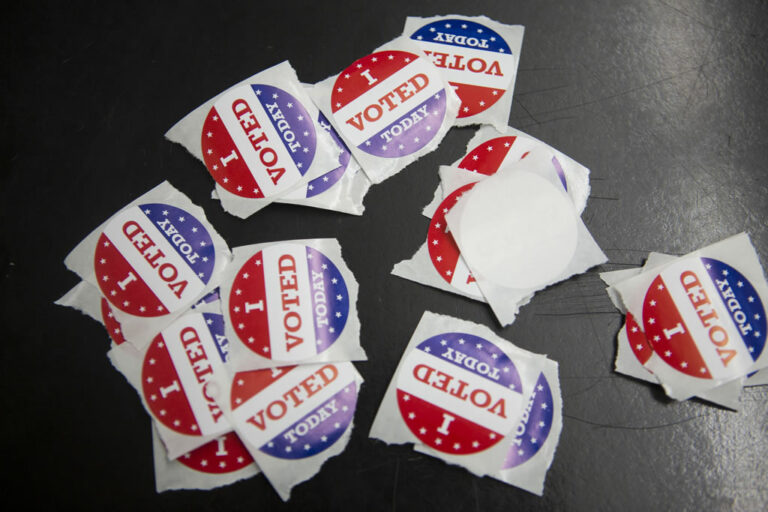
Paul Fanlund: We may also need better voters
Voters who really understand what government can and cannot do may be what’s needed to achieve better results.

Submit columns for consideration to wisopinion@wispolitics.com

Voters who really understand what government can and cannot do may be what’s needed to achieve better results.
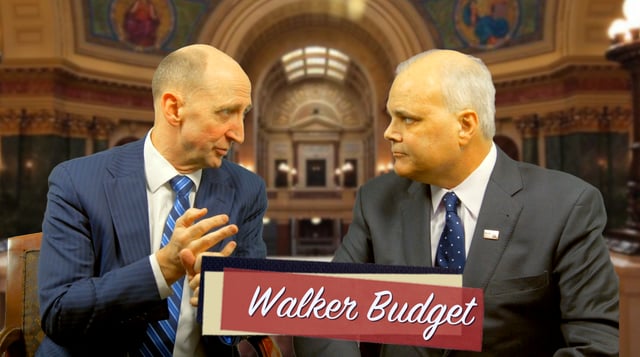
The Insiders, Kanavas and Chvala, debate whether Scott Walker is the education governor. Sponsored by the Wisconsin Counties Association and Michael Best Strategies.

Gov. Scott Walker recently proposed expanding Wisconsin’s Earned Income Tax Credit, or EITC. To the casual observer, this may not sound like exciting news, but for more than 100,000 Wisconsin families, expanding the EITC will mean more job opportunities, higher take-home pay and a less-resistant path to prosperity.

Too often, school choice is Wisconsin is considered to be an issue only for Milwaukee.
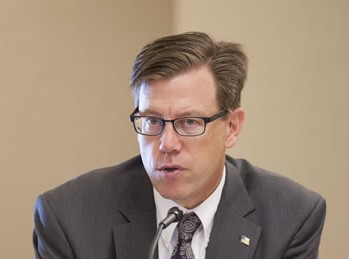
State Superintendent of Public Instruction candidate John Humphries wants to set the record straight about his consulting contract with the Dodgeville School District, where he was the full-time administrator before deciding to run for office.

Governor advises Iowa legislators on bill to decimate unions.
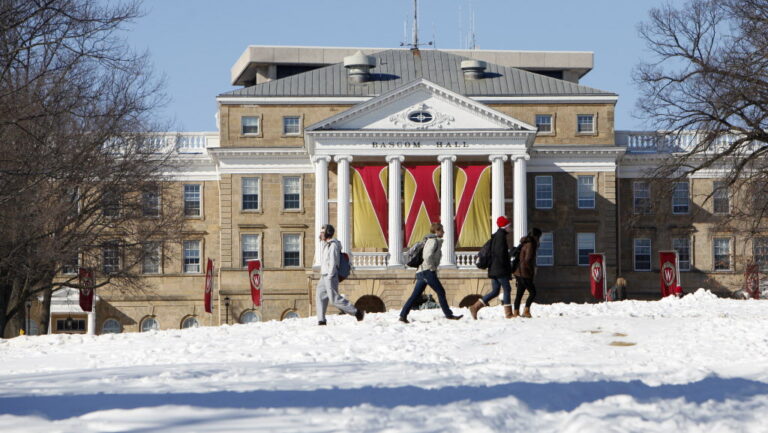
While the 5% tuition cut makes for a good sound bite, it’s a lost opportunity to help the students that really need tuition relief.
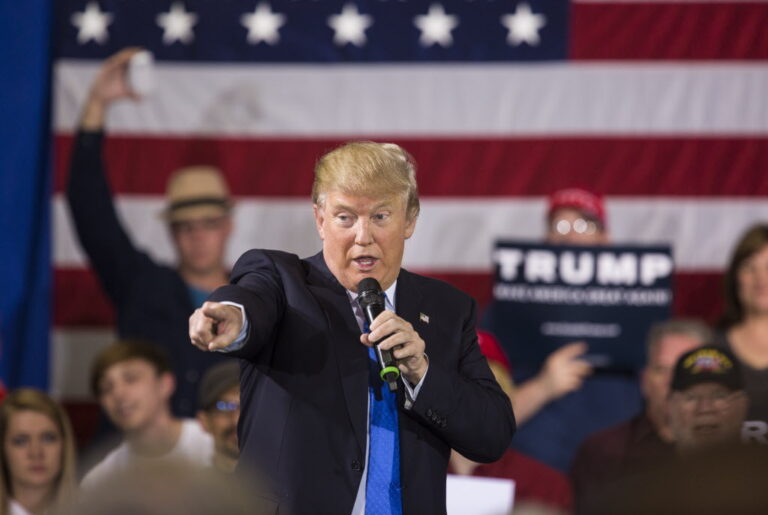
He had voters who discounted his wildest behavior because they wanted a change. But even they can’t go on for four years watching him dog-paddle at the shallow end of the pool.
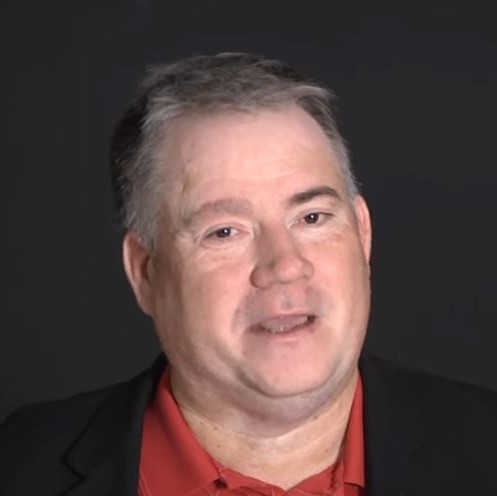
In “Two Minutes with Mitch” radio personality Mitch Henck gives his two cents on President Donald Trump’s Thursday news conference.
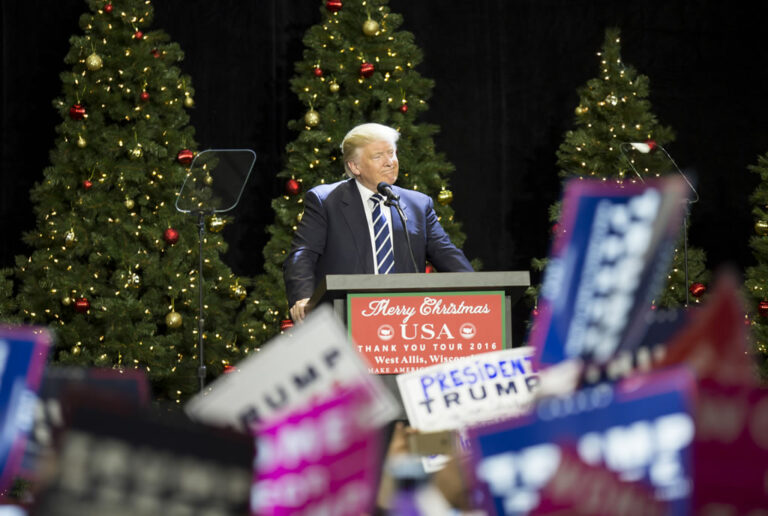
If our Republic is to be rescued from the anti-democratic and corrupt Trump-Putin partnership, there is a relatively short list of influential Republicans who will have to step to the fore and put the American people ahead of partisan agendas.

A century or more ago, there were plenty of people in Wisconsin who cringed at the thought of all those horseless carriages, motorized bicycles and boats buzzing about. And yet, it was precisely that kind of innovation that built a signature part of Wisconsin’s modern economy – and which can be repeated today with an aggressive welcome to autonomous vehicles.

We spend a lot of time thinking about what we will SAY in meetings with elected officials. We want our message and our ask to be perfect. However, we should also take note of what we DO in meetings, through our nonverbal messages.
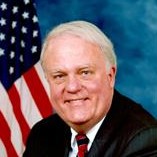
I have held regular in-person town hall meetings since I began serving in the House of Representatives. In fact, I host more than 100 public events each year. I’m extremely proud of this, and it’s something I believe is not only important for the sake of democracy, but it’s invaluable to me as I work to best represent the interests of my district.

In “Two Minutes with Mitch” radio personality Mitch Henck gives his two cents on Gov. Scott Walker’s ultimatum to Wisconsin schools.

Governor Scott Walker’s new budget, which includes spending increases for health care and schools, seems to have taken some observers by surprise. It probably shouldn’t have, since Walker has signaled rather clearly that he rejected what we called the “sour politics of austerity.”

Over the next few months, we will learn much more about the budget details. In the meantime, here are a few items of small print that didn’t make it in the Governor’s Budget Address.
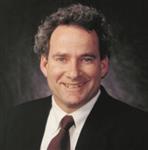
Tucked into Gov. Scott Walker’s budget are two proposals that would further imperil good government in Wisconsin.

We sure don’t need our state’s U.S. senators signing off on bills allowing wolves to be indiscriminately killed.

Earlier this week, Department of Financial Institutions Secretary Lon Roberts attempted to mount a defense of Gov. Scott Walker’s paltry plan that fails to provide real relief for student loan borrowers. Secretary Roberts’ column, however, merely highlights the many inadequacies of Walker’s proposal, which is geared toward his own re-election plans rather than helping working Wisconsinites.
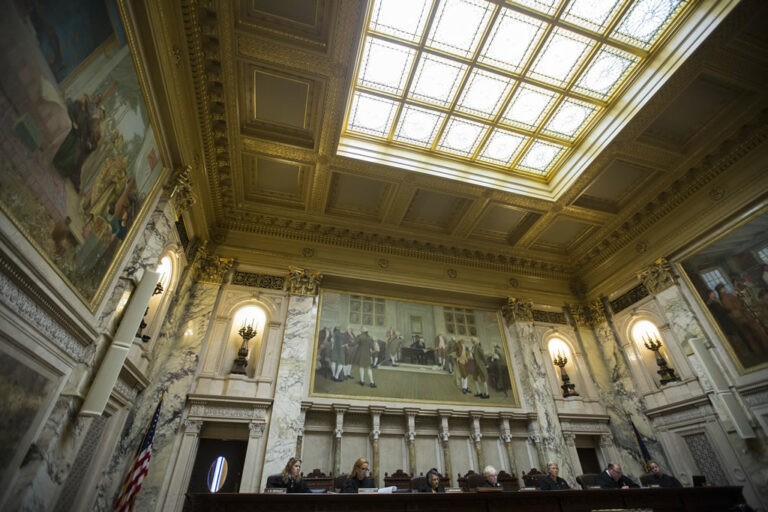
The Wisconsin Supreme Court will hear oral arguments Wednesday morning in a case whose outcome observers say could provide local governments with a workaround to compliance with the Open Meetings Act.

Voters who really understand what government can and cannot do may be what’s needed to achieve better results.
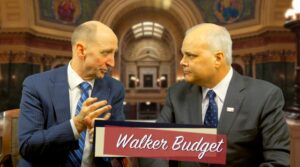
The Insiders, Kanavas and Chvala, debate whether Scott Walker is the education governor. Sponsored by the Wisconsin Counties Association and Michael Best Strategies.

Gov. Scott Walker recently proposed expanding Wisconsin’s Earned Income Tax Credit, or EITC. To the casual observer, this may not sound like exciting news, but for more than 100,000 Wisconsin families, expanding the EITC will mean more job opportunities, higher take-home pay and a less-resistant path to prosperity.

Too often, school choice is Wisconsin is considered to be an issue only for Milwaukee.
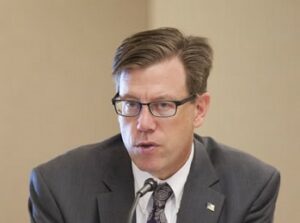
State Superintendent of Public Instruction candidate John Humphries wants to set the record straight about his consulting contract with the Dodgeville School District, where he was the full-time administrator before deciding to run for office.

Governor advises Iowa legislators on bill to decimate unions.

While the 5% tuition cut makes for a good sound bite, it’s a lost opportunity to help the students that really need tuition relief.
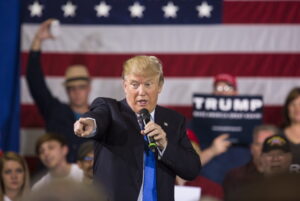
He had voters who discounted his wildest behavior because they wanted a change. But even they can’t go on for four years watching him dog-paddle at the shallow end of the pool.
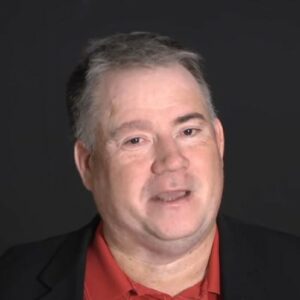
In “Two Minutes with Mitch” radio personality Mitch Henck gives his two cents on President Donald Trump’s Thursday news conference.
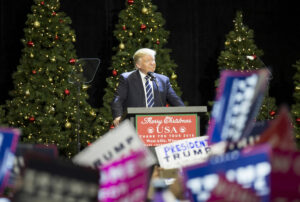
If our Republic is to be rescued from the anti-democratic and corrupt Trump-Putin partnership, there is a relatively short list of influential Republicans who will have to step to the fore and put the American people ahead of partisan agendas.

A century or more ago, there were plenty of people in Wisconsin who cringed at the thought of all those horseless carriages, motorized bicycles and boats buzzing about. And yet, it was precisely that kind of innovation that built a signature part of Wisconsin’s modern economy – and which can be repeated today with an aggressive welcome to autonomous vehicles.

We spend a lot of time thinking about what we will SAY in meetings with elected officials. We want our message and our ask to be perfect. However, we should also take note of what we DO in meetings, through our nonverbal messages.

I have held regular in-person town hall meetings since I began serving in the House of Representatives. In fact, I host more than 100 public events each year. I’m extremely proud of this, and it’s something I believe is not only important for the sake of democracy, but it’s invaluable to me as I work to best represent the interests of my district.

In “Two Minutes with Mitch” radio personality Mitch Henck gives his two cents on Gov. Scott Walker’s ultimatum to Wisconsin schools.

Governor Scott Walker’s new budget, which includes spending increases for health care and schools, seems to have taken some observers by surprise. It probably shouldn’t have, since Walker has signaled rather clearly that he rejected what we called the “sour politics of austerity.”

Over the next few months, we will learn much more about the budget details. In the meantime, here are a few items of small print that didn’t make it in the Governor’s Budget Address.

Tucked into Gov. Scott Walker’s budget are two proposals that would further imperil good government in Wisconsin.

We sure don’t need our state’s U.S. senators signing off on bills allowing wolves to be indiscriminately killed.

Earlier this week, Department of Financial Institutions Secretary Lon Roberts attempted to mount a defense of Gov. Scott Walker’s paltry plan that fails to provide real relief for student loan borrowers. Secretary Roberts’ column, however, merely highlights the many inadequacies of Walker’s proposal, which is geared toward his own re-election plans rather than helping working Wisconsinites.
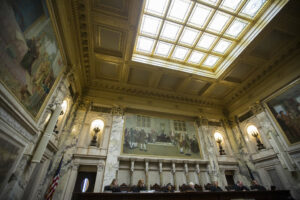
The Wisconsin Supreme Court will hear oral arguments Wednesday morning in a case whose outcome observers say could provide local governments with a workaround to compliance with the Open Meetings Act.